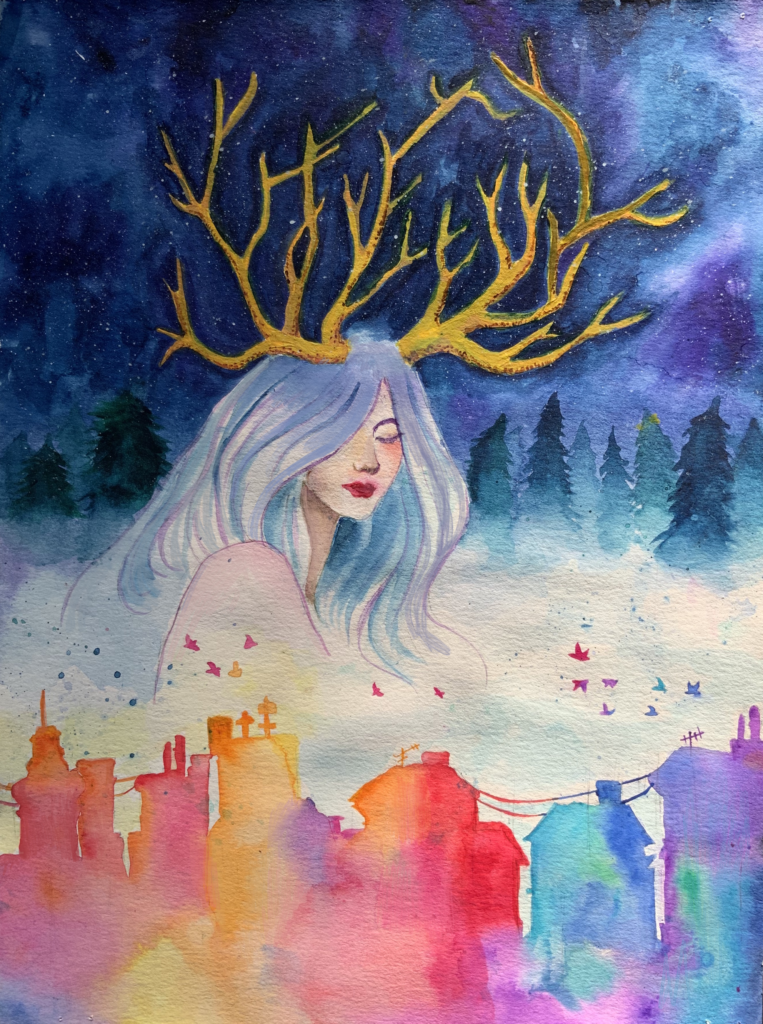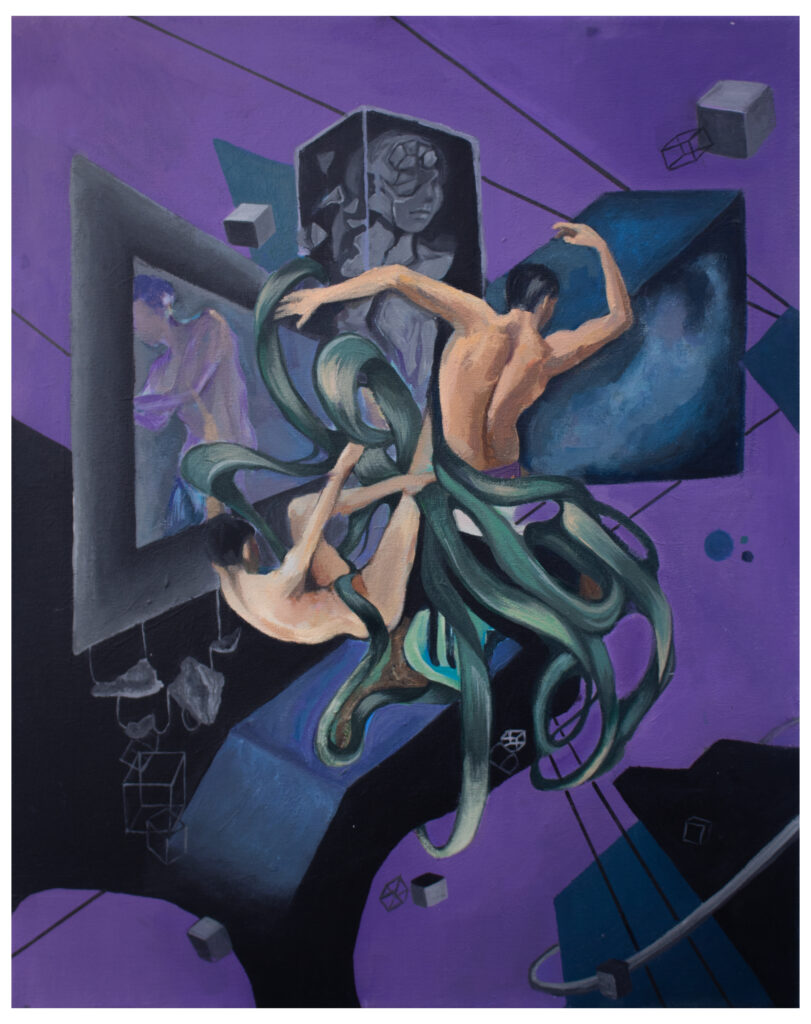The soft lily lay on my hand, the pink petals powdery with pollen. The end of the stem, brutally cut off, dripped tears of sap, its smell mingling with the sickly sweet perfume my grandmother wore for that day. My grandfather lay stiffly in his coffin, yet wore an odd smile while my relatives smothered him in flowers and tears, and I stood by awkwardly holding the flower to my chest.
If anyone had asked me what I feared most, I would most likely have replied “death.” As disturbing as it was, though, death stirred a subconscious interest, led by morbid fascination, in the back of my young mind. Ignorance only fed the flame; I allowed my imagination to roam to keep fear at bay.
I imagined an unknown world of silence and darkness, of constant suffering, or complete numbness in the senses.
I was 10 when I first came across the words that suggested otherwise. John Green walked into my life through The Fault in Our Stars, and since then, I had been ravenously eating up his works. I had gotten to Looking For Alaska when Miles, the main character, introduced me to the last words of Thomas Edison: “It’s beautiful over there.” Those vaguely suggestive and foggy words drew me in.
Where is there? The train of questions that followed intrigued me and triggered my new hobby of collecting famous last words.
Collecting last words became a way of connecting with a mysterious world. “The Other Side,” as I thought of it, allowed room for open debate and so many different perspectives.
I began to spend as much of my time with the words of the dead as with the living ones. Before I realized it, I’d developed a better understanding of both life and death.
Though I cannot say that I have let go of my fear towards death entirely, I have begun to see that if reality dissipates into nothingness, it’s inevitable and so I might as well accept it with calmness. Accepting, I realized, can bring a sense of peace as though all burden of fighting back were lifted off my shoulders.
When they closed the lid on him and his flower, I did not cry because I believed that wherever my grandfather had disappeared to was a better place—one filled with unworldly beauty. As Bach last said, “Do not cry, for I go where music is born.” I remember very clearly that my grandfather always had quite an obsession with beautiful music. Standing over him, for a second, I saw him on the “Other Side,” and he was beautiful.
Moa Maeda is a Japanese ninth-grader who enjoys writing poems, learning about other cultures through food and music, and collecting famous people’s last words.

